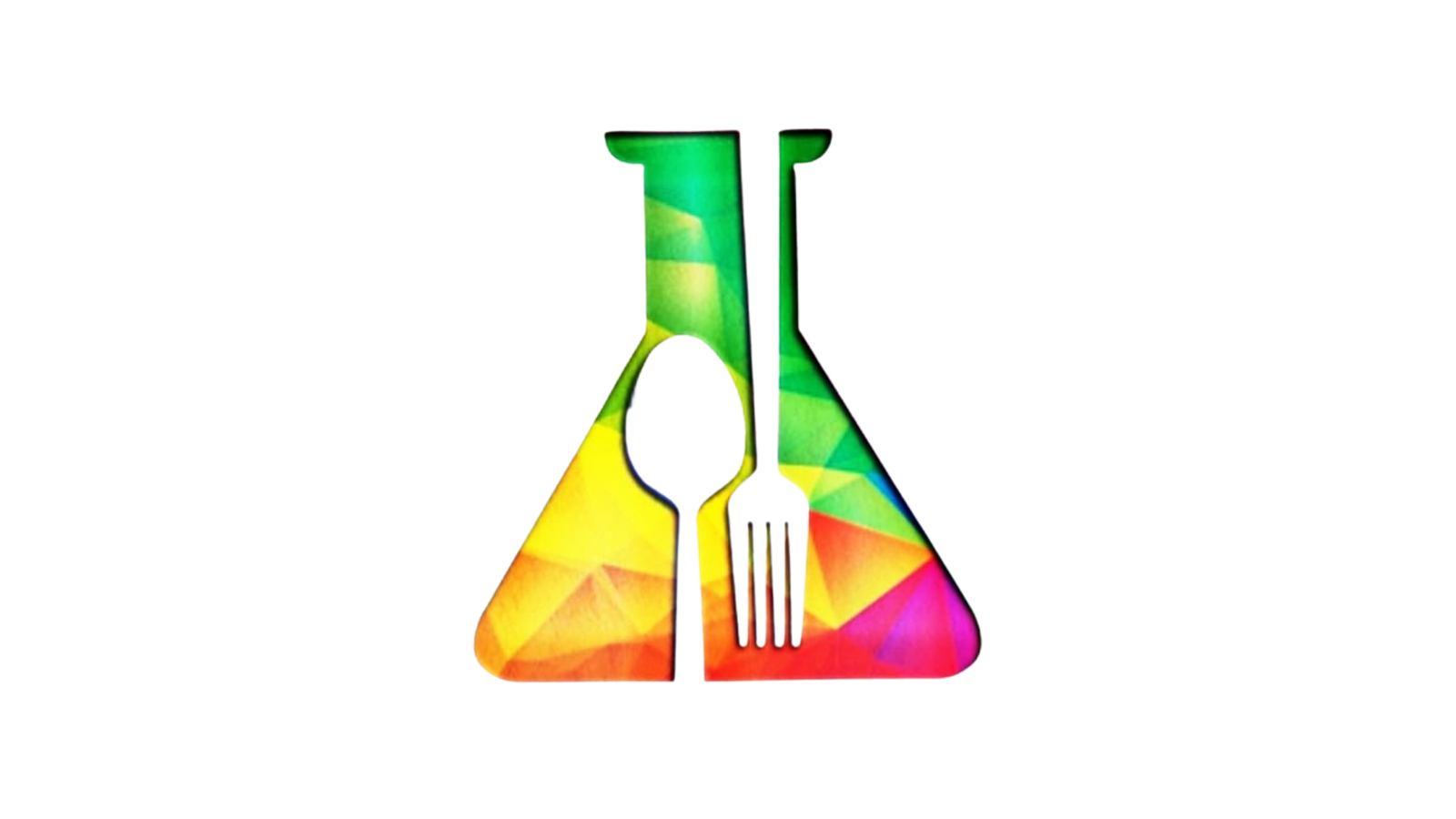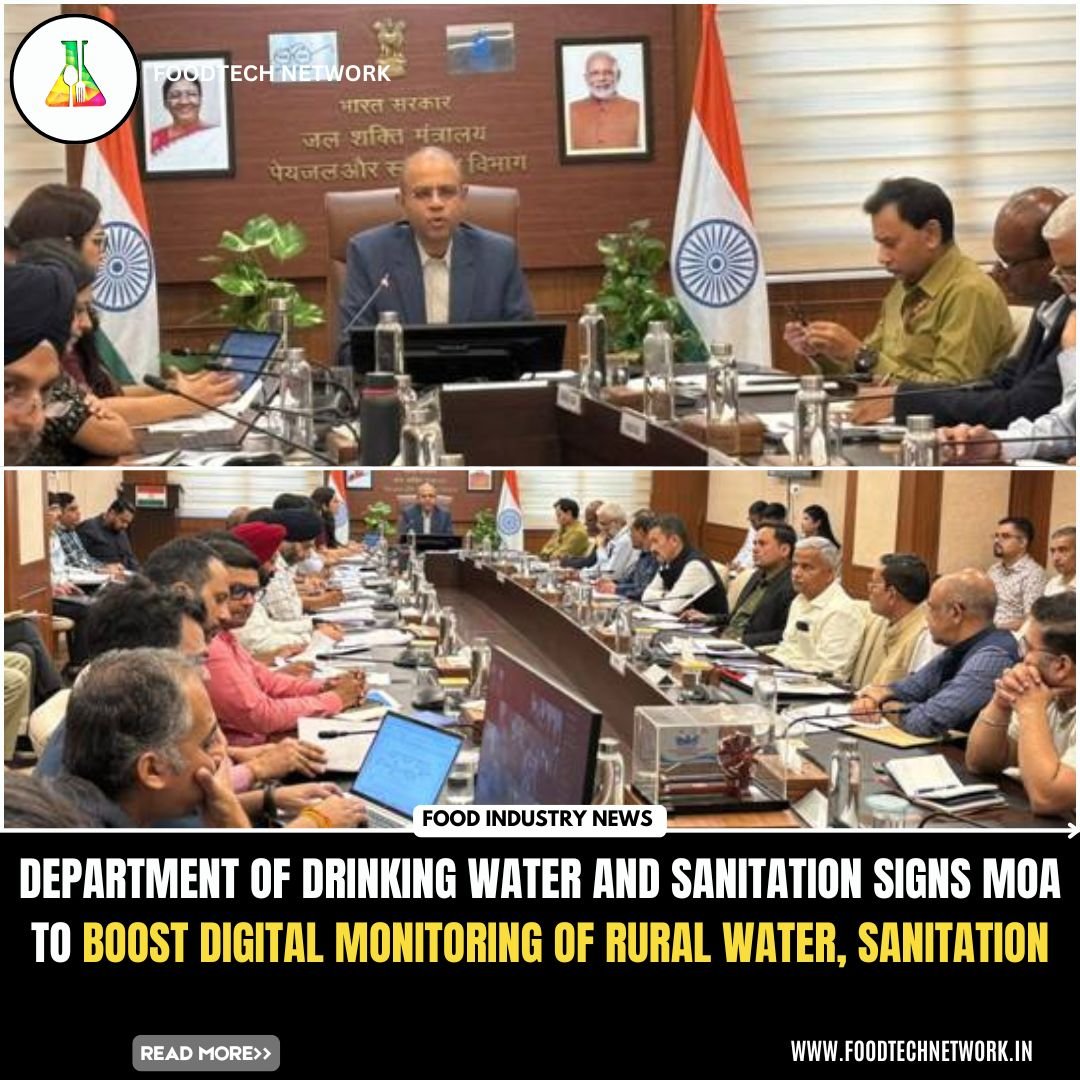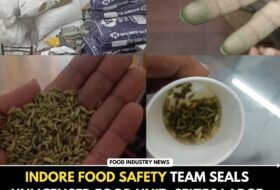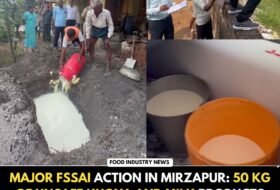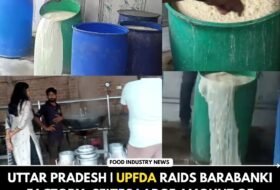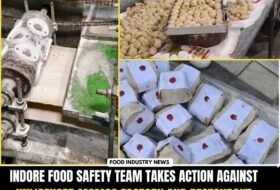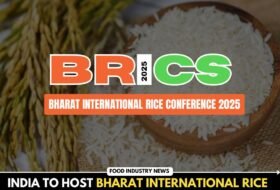The Department of Drinking Water and Sanitation (DDWS) under the Ministry of Jal Shakti has successfully concluded weeks of deliberations with the demonstration of its upgraded Rural Piped Water Supply Schemes (RPWSS) module — marking a major step forward in India’s digital transformation of rural water governance.
The upgraded module aims to strengthen monitoring, transparency, and accountability under the Jal Jeevan Mission (JJM) by creating a unified digital registry for all rural water supply schemes across the country.
Towards Smarter and Transparent Water Governance
The event was chaired by Shri Ashok K. K. Meena, Secretary, DDWS, with participation from senior officials including Shri Kamal Kishore Soan, Additional Secretary and Mission Director, National Jal Jeevan Mission (NJJM), and Smt. Swati Meena Naik, Joint Secretary. Over 1,000 participants from all States and Union Territories joined the session, reflecting a strong commitment to collaborative governance.
Secretary Meena described the upgraded RPWSS module as a cornerstone of transparency and efficiency, introducing unique digital IDs for every piped water scheme. These RPWSS IDs will provide traceability, geo-tagged data, and real-time monitoring to ensure effective operation and maintenance (O&M). States and UTs have been urged to complete the creation of RPWSS IDs by November 2025.
Building a Digital Public Infrastructure for Rural Water Systems
The enhanced RPWSS platform represents a major leap in building a Digital Public Infrastructure (DPI) for the rural water supply sector. It will maintain a GIS-based digital asset registry, mapping every component — from water sources and treatment plants to pipelines, distribution networks, and household tap connections.
Linked through the PM Gati Shakti platform, this system aims to deliver seamless data integration, improve decision-making, and enable predictive maintenance for sustainable service delivery.
Empowering Panchayats and Local Institutions
Under the new framework, Panchayats and Village Water & Sanitation Committees (VWSCs) will gain access to real-time data on water quality and system functionality. This will empower local bodies to make informed decisions on O&M, reinforcing decentralized and participatory governance.
The module also promotes livelihood and skill development in the rural WASH sector — creating opportunities in data management, asset mapping, and analytics, fostering both rural employment and service reliability.
Enhancing Efficiency through Advanced Technology
The RPWSS system integrates real-time dashboards, predictive analytics, and decision-support tools to ensure water source sustainability and proactive maintenance. With the creation of digital twins of rural water systems, the platform will help identify issues early and optimize performance.
Training sessions and workshops are being planned to help States and local field officers transition smoothly to the new digital framework.
Conclusion
The upgraded RPWSS module signifies a new era of data-driven governance and community-led water management in rural India. By combining technology, transparency, and local empowerment, the Jal Jeevan Mission continues to make strides toward its vision of ensuring ‘Har Ghar Jal’ — water for every household.

📢 Be Aware, We never charge any consultancy fee for jobs.
📲 Foodtech Network WhatsApp Jobs Group
Click to join WhatsApp group
👥Free Membership (For Jobs, Internship and Training)
Membership registration
⚙️ Food Entrepreneurs & Startups (For business owners)
Our services (Free and Paid)
📱 Food safety training and certification.
Download our App, Foodtech Network
